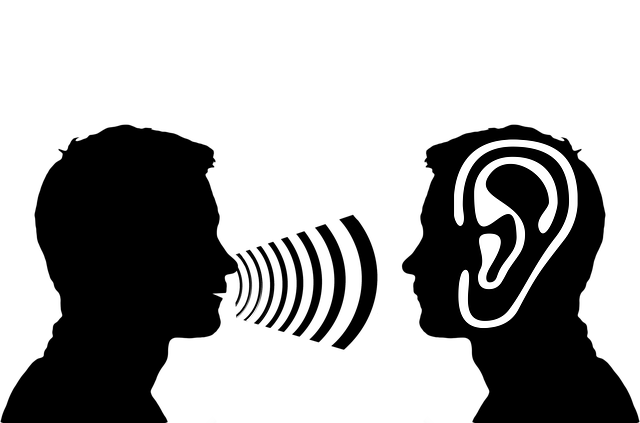
How Hotel Staff Can Learn & Improve Active Listening Skills for Better Customer Service
Active listening skills are a part of communication skills which are important in a hotel environment. However there can be several barriers to it. So proper training and support would be needed for your hotel staff, specially the new members, so that they can acquire the skills of active listening. Here are 10-15 tips on how hotels can train their staff in active listening to improve customer service:
1. **Provide training on active listening**: Include active listening techniques in your staff training programs, emphasizing the importance of understanding and addressing guest needs.
2. **Encourage face-to-face interactions**: Train your staff to face the speaker, maintain eye contact, and avoid distractions during guest interactions, demonstrating their attentiveness and engagement.
3. **Use positive body language**: Teach your staff to use open and welcoming body language, such as nodding, smiling, and leaning slightly forward, to show that they are actively listening.
4. **Practice reflective listening**: Train your staff to paraphrase and summarize what the guest has said to ensure they have understood correctly and to show that they are actively engaged in the conversation.
5. **Avoid interrupting**: Teach your staff to let the guest finish speaking before responding, as interrupting can be perceived as rude and may hinder effective communication.
6. **Ask clarifying questions**: Encourage your staff to ask questions to gain a better understanding of the guest’s needs and preferences, demonstrating their commitment to providing excellent service.
7. **Take notes during conversations**: Train your staff to take brief notes during guest interactions to help them remember important details and to show that they are actively listening and interested in the guest’s needs.
8. **Provide feedback and coaching**: Regularly review and provide feedback on your staff’s active listening skills, offering guidance and support to help them improve.
9. **Incorporate active listening into performance evaluations**: Include active listening as a criterion in your staff’s performance evaluations, recognizing and rewarding those who excel in this area.
10. **Use technology to support active listening**: Implement tools such as online chat services or automated customer service systems that allow your staff to respond quickly and effectively to guest inquiries, demonstrating their active listening skills.
11. **Encourage teamwork and collaboration**: Foster a culture of active listening among your staff by promoting teamwork and collaboration, where everyone’s input and ideas are valued and respected.
12. **Lead by example**: As a hotel manager or supervisor, demonstrate active listening skills in your interactions with both guests and staff, serving as a role model for effective communication.
13. **Provide ongoing training and development opportunities**: Offer regular training sessions, workshops, or webinars on communication skills, including active listening, to help your staff continuously improve their customer service abilities.
14. **Reward and recognize excellent active listening**: Implement a recognition program that rewards and acknowledges staff members who consistently demonstrate exceptional active listening skills, motivating others to improve.
15. **Seek feedback from guests**: Regularly collect feedback from guests on their experience with your staff’s communication skills, including active listening, and use this information to identify areas for improvement and tailor your training programs accordingly.
